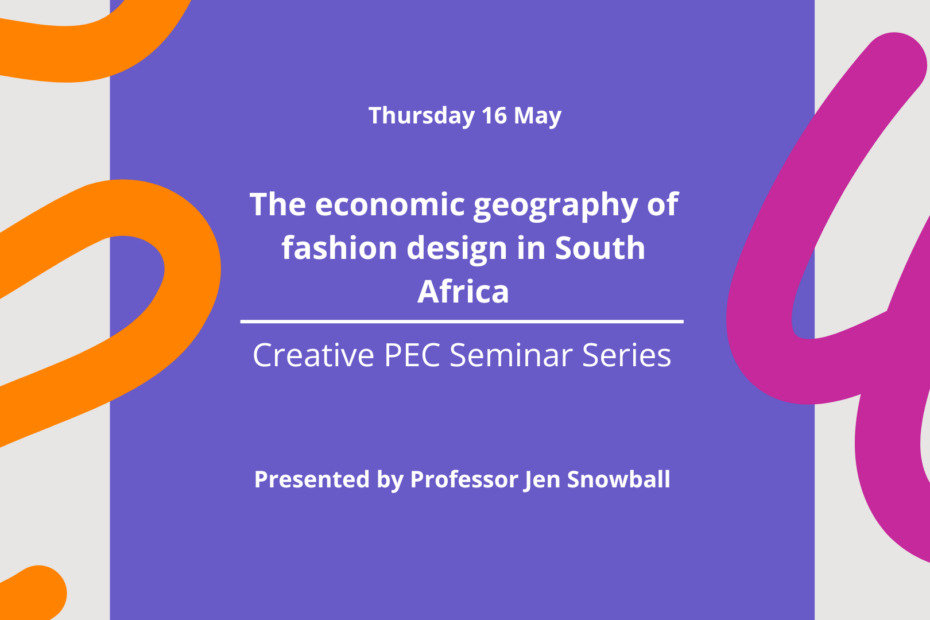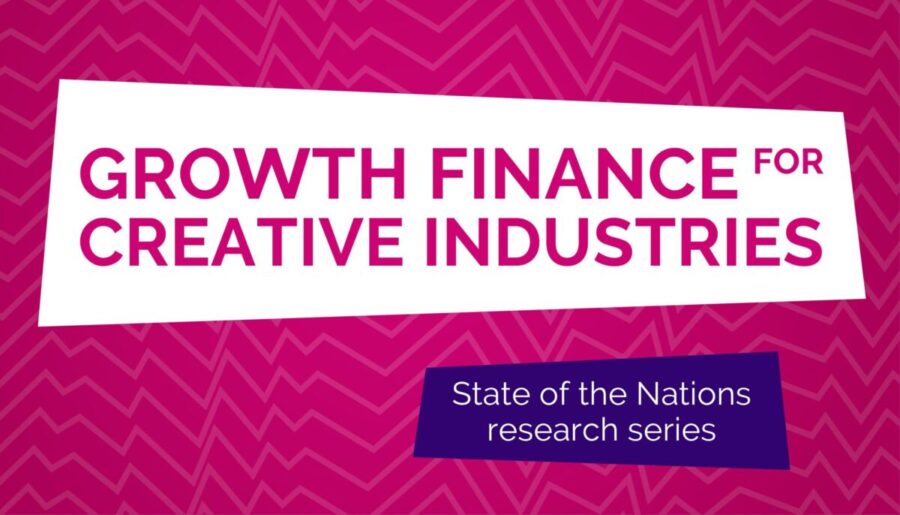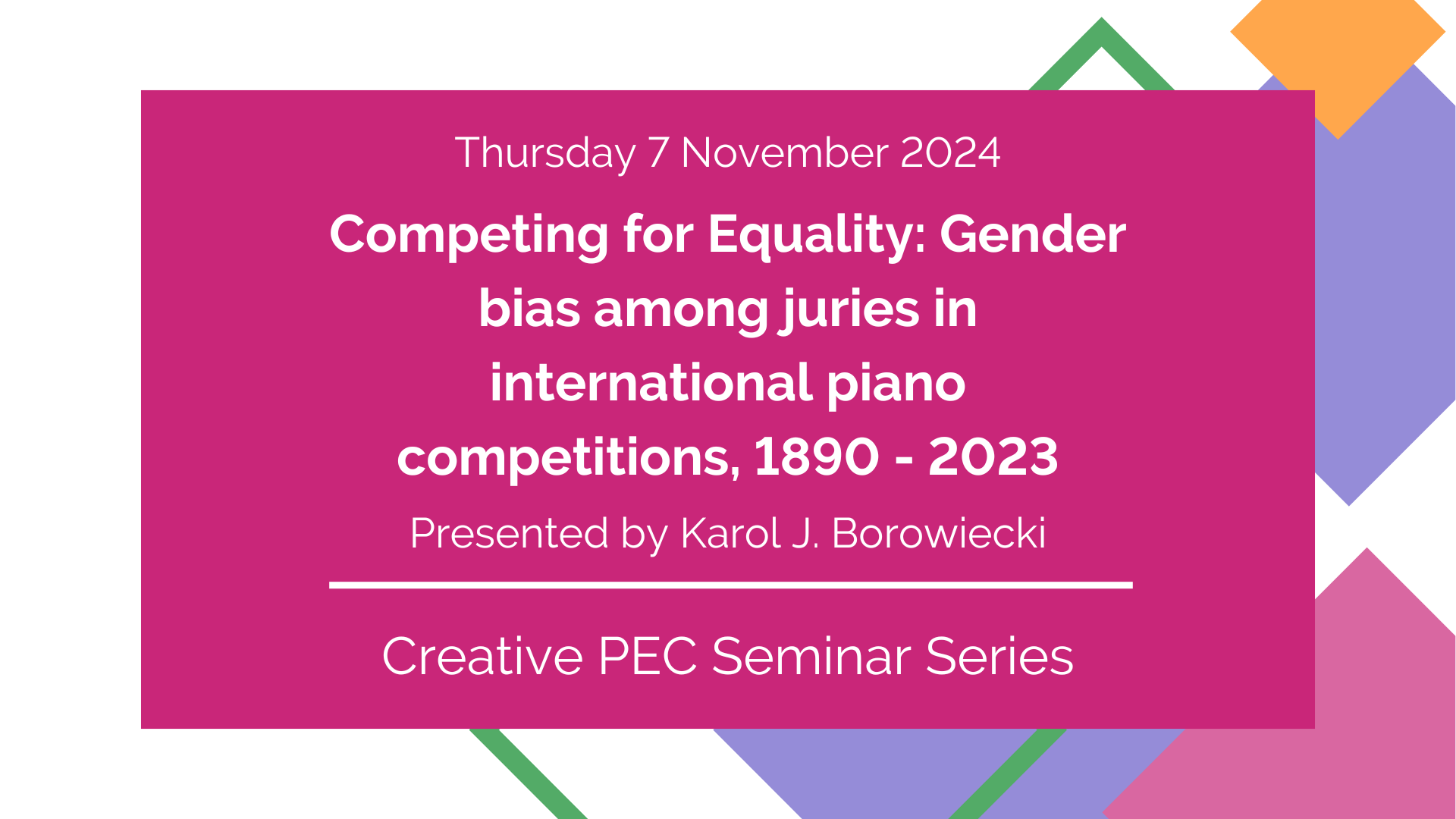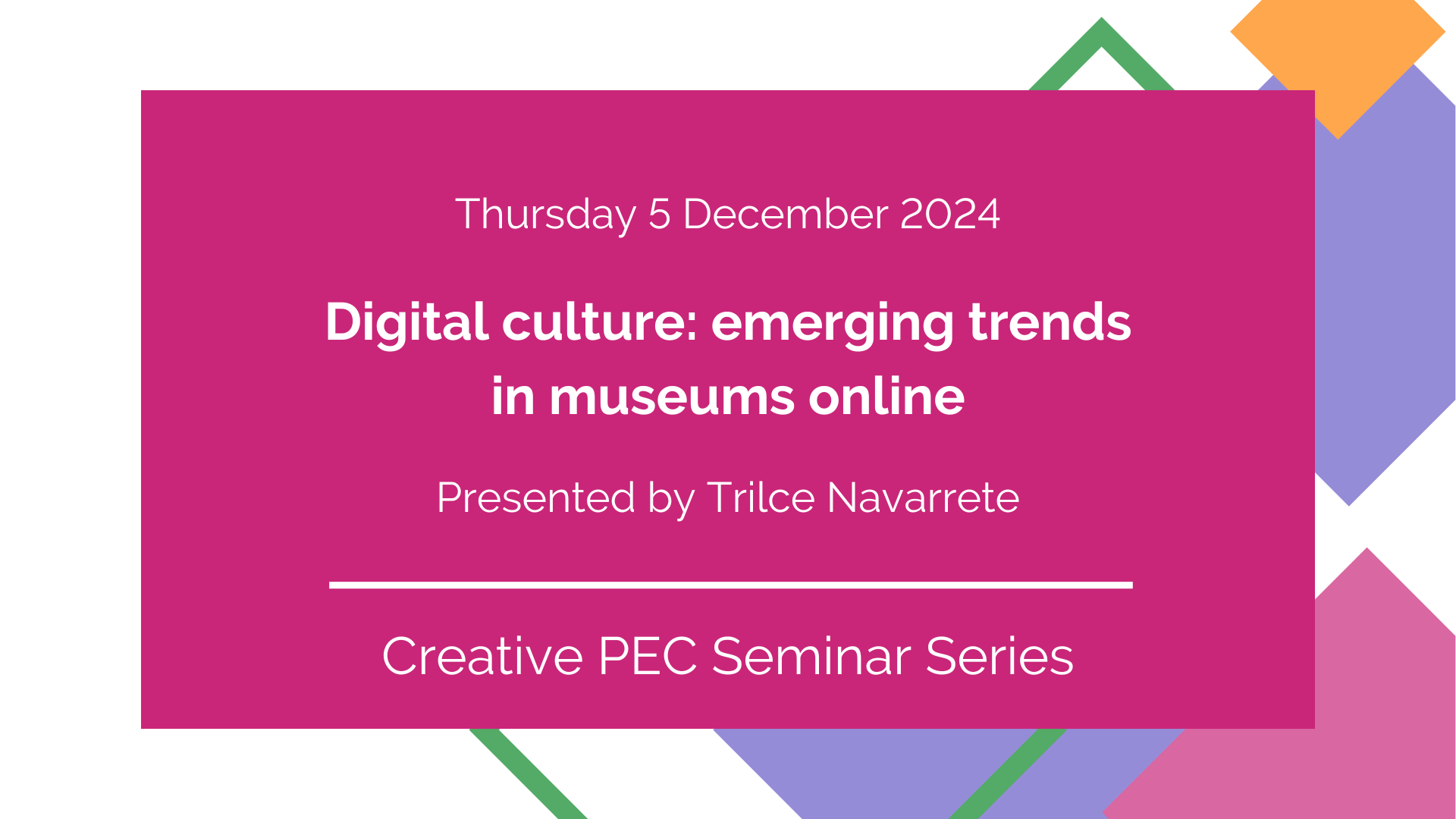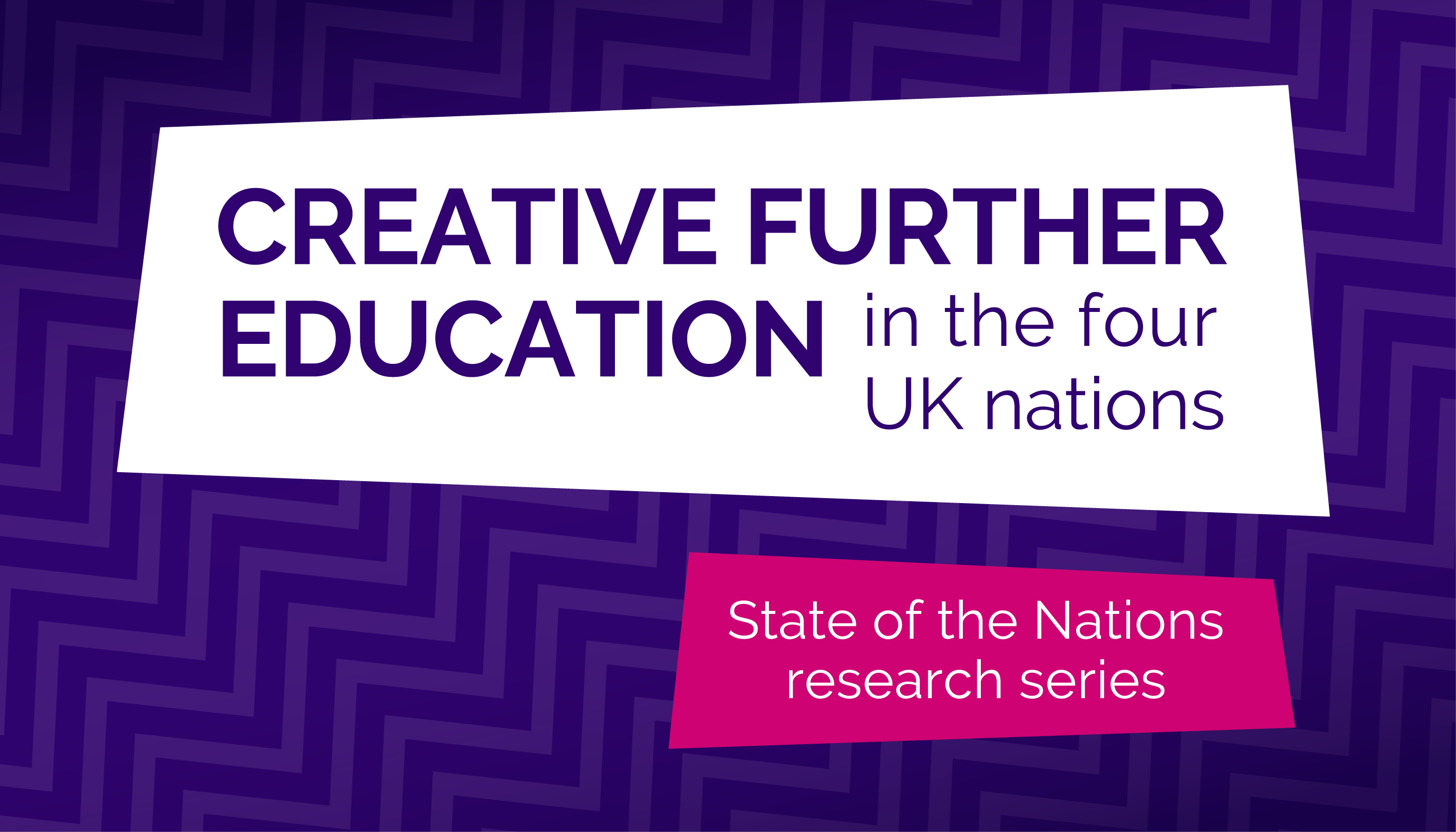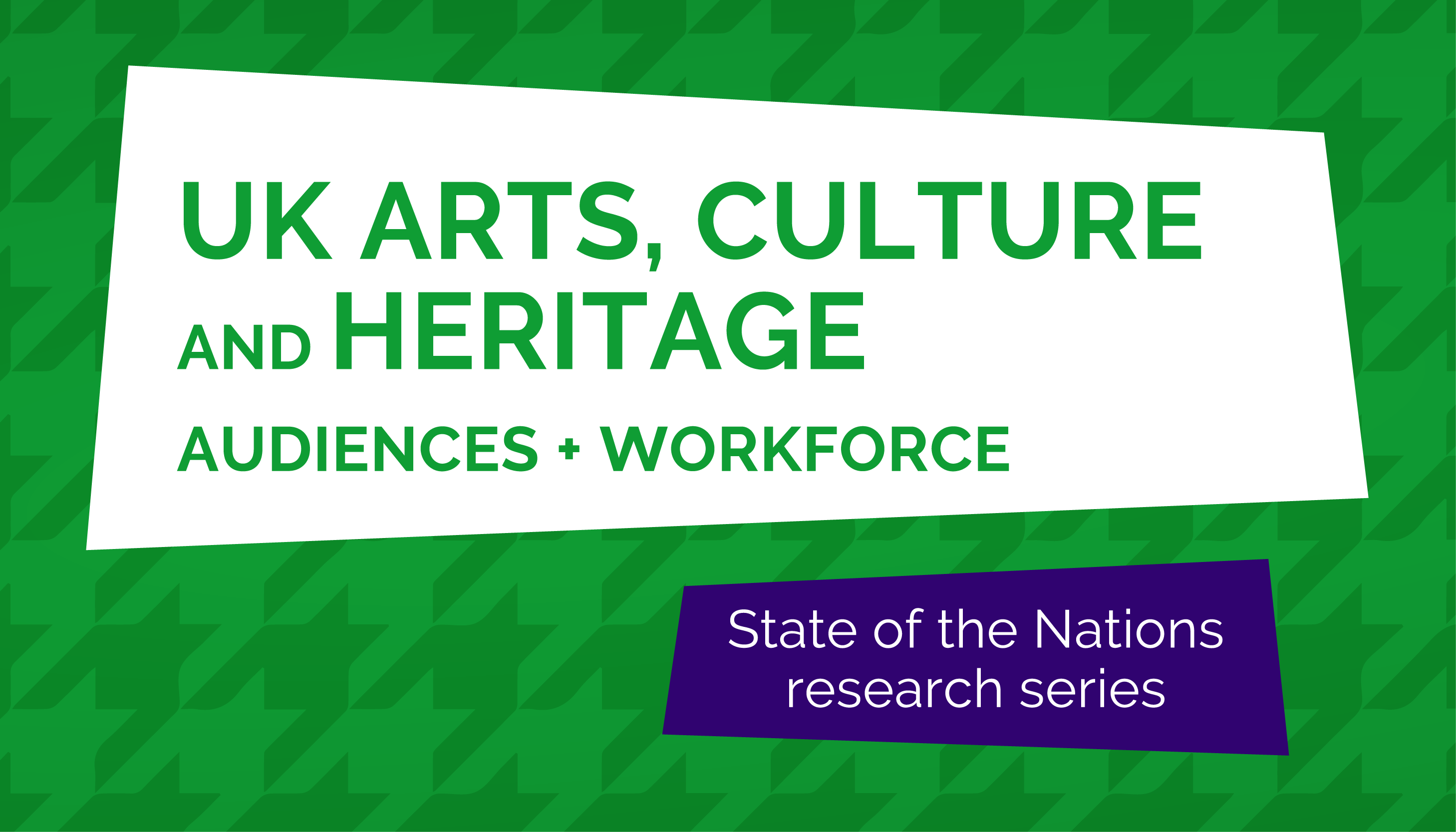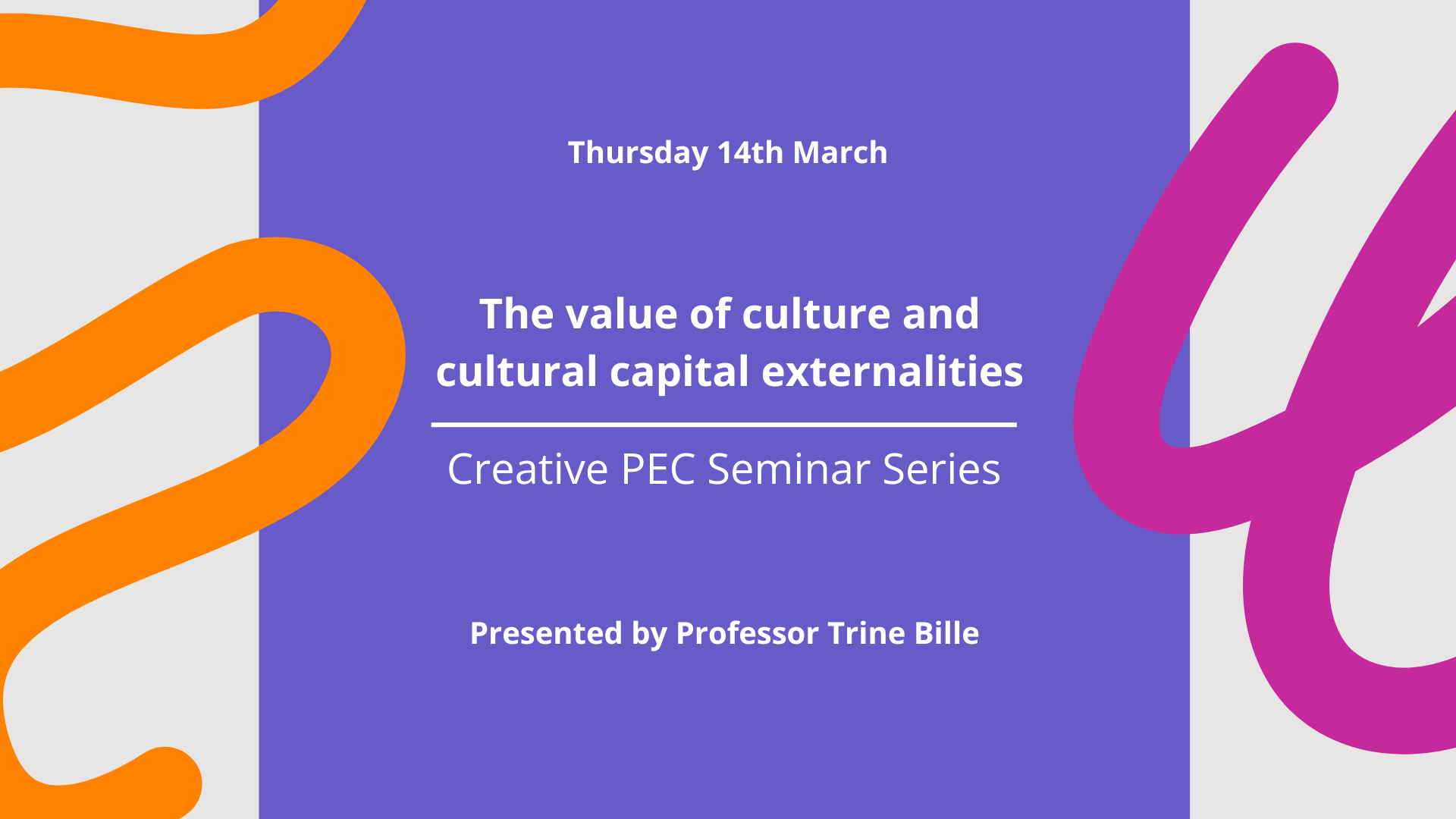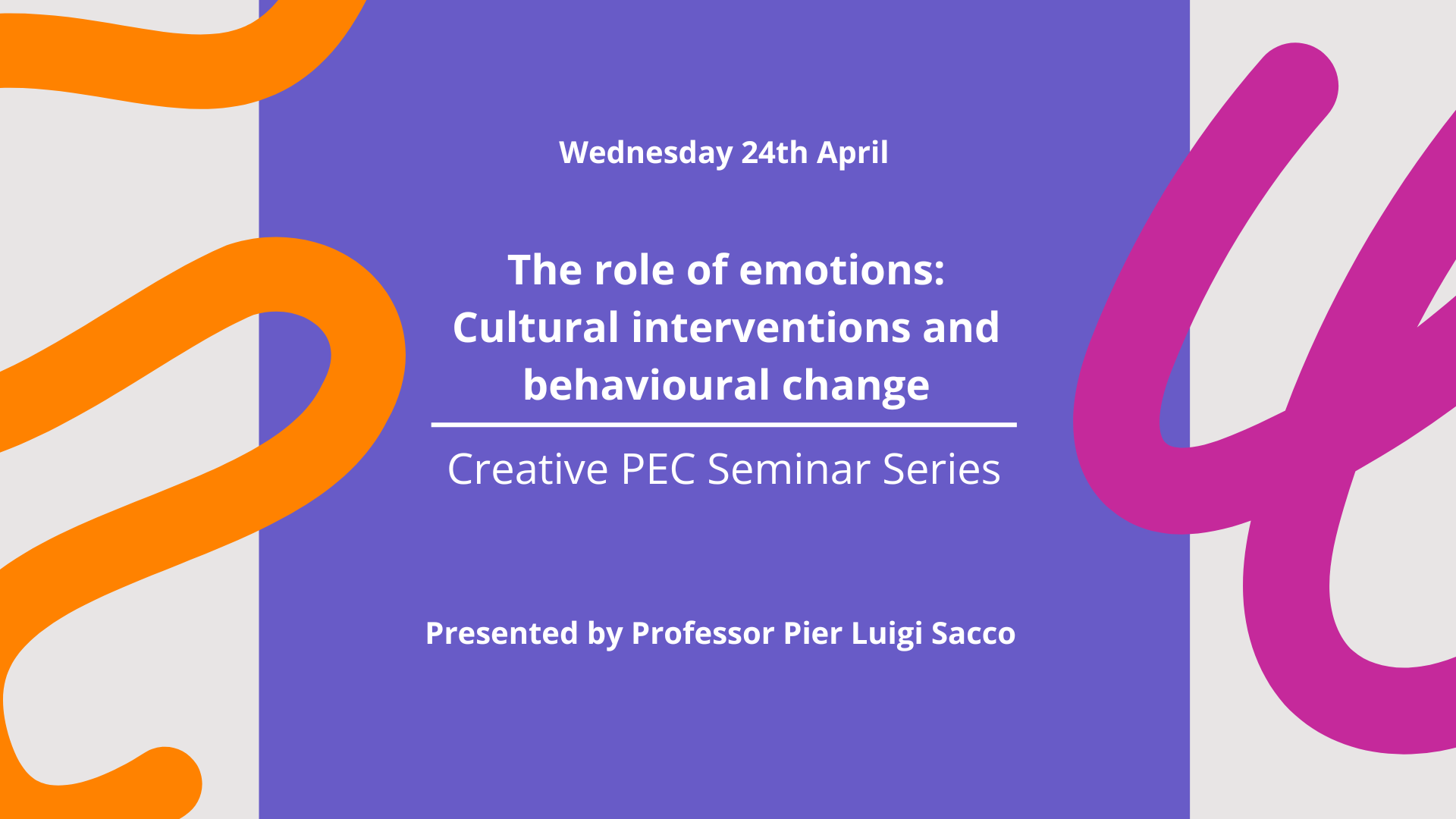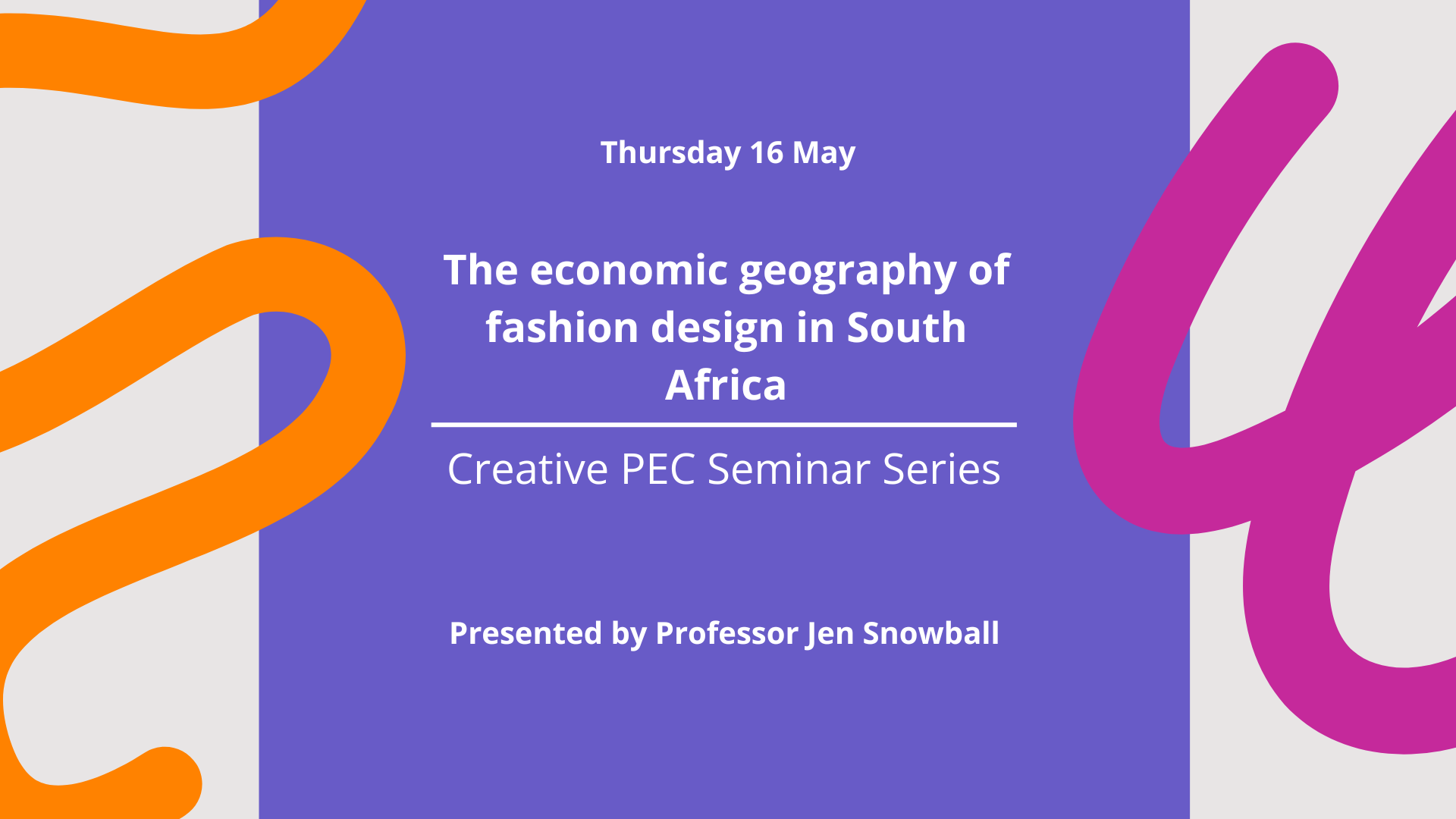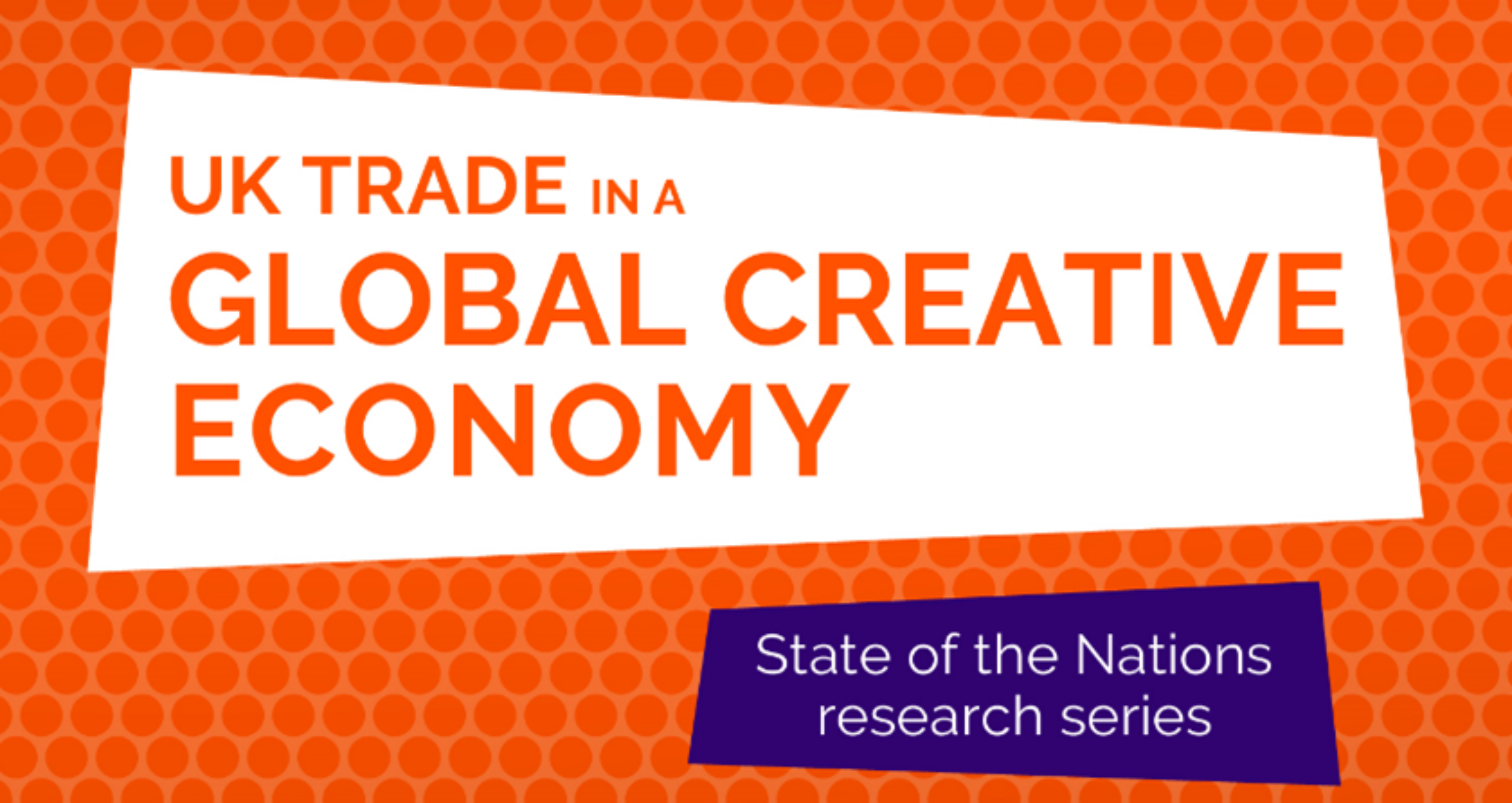Mapping the location of fashion designers working in South Africa to test the idea that the fashion sector could support the development of small towns as well as larger cities.
There is increasing recognition that fashion design is an important growth area for the African creative economy and could play a role in contributing to job creation and economic development. Creative industries, including fashion, tend to cluster in large cities which give access to markets and specialist creatives. However, the creative industries can also be important to small town development, and the global dominance of “fashion capitals” is shifting to include smaller cities. As online work makes creatives more flexible in terms of location, creative workers may choose smaller cities and towns because of lifestyle attributes, “soft” infrastructure and important cultural heritage links. This study mapped the location of fashion designers and related workers in South Africa to test this idea. It also looked at fashion design case studies, investigating the career paths and heritage that fashion designers draw on.
Jen Snowball is Professor of Economics and Head of Department at Rhodes University, South Africa, and also a researcher at the South African Cultural Observatory (SACO).
___________________________________________
About Creative PEC’s Seminar Series
Creative PEC’s new Seminar Series presents cutting-edge research from across the world, bridging conversations across academia, policy and creative practice. The series aims to spark discussion on emerging research and implications for creative industries policy.
Who the seminars are for:
– Creative industries researchers
– Policymakers (local, regional + national)
– Anyone keen to find out more about emerging creative economy research
Each seminar will be held online, and begins with a deep-dive on new research followed by a Q&A. Make space for an hour each month to keep up to date with the latest ideas in creative economy research.
For any questions about the Seminar Series, please get in touch with us at research@pec.ac.uk
Online Zoom Webinar
Thursday 16 May, 3.00pm (BST)
Past Events
Seminar Series: “The cost of undoing Europe”: Brexit and the UK textile and the apparel industry
Thursday 3rd October 2024 | 15:00 BST Hear from Professor Simona Iammarino who will be presenting he…
State of the Nations Report launch: Growth Finance for Creative Industries
Wednesday 16th October 2024 | 12noon | Online via Zoom. Join us for the launch of our fifth report …
Seminar Series: Competing for Equality: Gender Bias Among Juries in International Piano Competitions, 1890-2023
Thursday 7th November 2024 | 15:00 GMT Join Karol J. Borowiecki who will be presenting his latest r…
Seminar Series: Digital Culture: Emerging trends in museums online
Thursday 5th December 2024 | 15:00 GMT Hear from Professor Trilce Navarrete who will discuss her on…
Report launch: Creative Education in the Four Nations
Join us at the launch of our fourth report in the State of the Nations series
Report launch: UK Arts, Culture and Heritage – Audiences & Workforce
Join us at the launch of our third report in the State of the Nations series
Seminar Series: What is ‘Psychic Income?’
Hear from Professor Doug Noonan about his latest research measuring 'Psychic Income', intangible imp…
Seminar Series: The value of culture and cultural capital externalities
Professor Trine Bille will be discussing a proposal that suggests that cultural policy should take i…
Seminar Series: The role of emotions – Cultural interventions and behavioural change
What is the role of art in influencing behaviour change? This discussion brings together ideas from …
Seminar Series: The economic geography of fashion design in South Africa – Potential beyond large fashion cities?
There is increasing recognition that fashion design is an important growth area for the African crea…
State of the Nations: UK Trade in a Global Creative Economy
The online launch of our second State of the Nations report
Online Launch: Geographies of Creativity – State of the Nations research series
Join Dr Josh Siepel, Senior Lecturer (Sussex University) and Creative PEC Research Consortium Partne…
